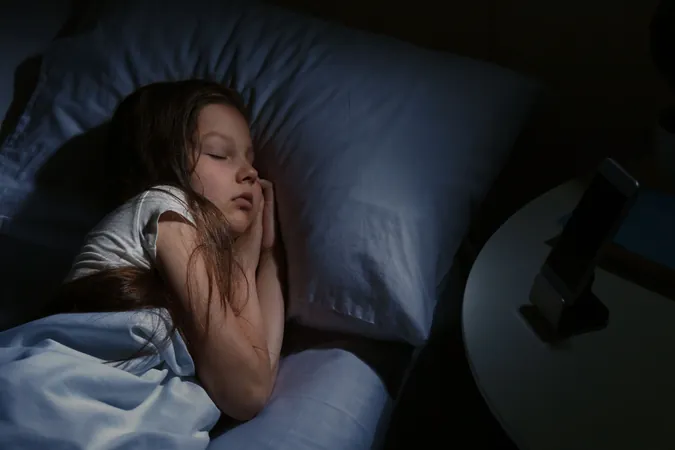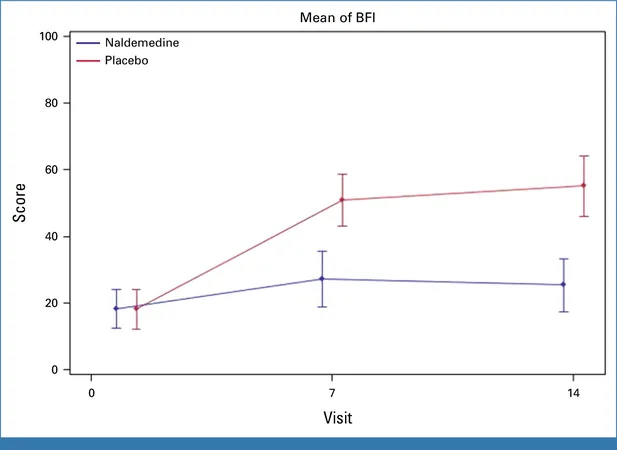
New Study Reveals Disturbed Sleep in Children Linked to Increased Risk of Suicidal Thoughts
2024-09-17
Key Findings:
1. Preadolescent Sleep Disturbances Contribute to Suicide Risk: Children as young as 10 who experience sleep problems may face a heightened risk of developing suicidal ideation and behaviors by age 12. The study highlights the importance of recognizing and addressing these issues early.
2. Longitudinal Approach: The researchers tracked children from the ages of 9 to 12, providing compelling evidence that sleep disturbances at age 10 correlate with self-harm thoughts and actions two years later. This long-term evaluation underscores the urgency of monitoring and managing sleep issues in young children.
3. Targeting Sleep for Prevention: With sleep disturbances being a non-stigmatizing and treatable issue, the study advocates for increased focus on sleep health as a practical approach to reducing youth suicide rates.
Background Context:
Leading the research, Dr. Joshua Gowin from the University of Colorado Anschutz Medical Campus noted the critical public health issue of youth suicide, which tragically claims around 700,000 lives worldwide each year. In stark contrast, research reveals that there are approximately 20 non-fatal suicide attempts for every suicide death, demonstrating the prevalence of suicidal thoughts among adolescents.
The association between sleep problems and suicidal behaviors is becoming more recognized, as they appear in multiple warning signs noted by health organizations like the Substance Abuse and Mental Health Services Administration.
Study Analysis:
The analysis incorporated data from 8,807 children aged 9 to 10, using the Sleep Disturbance Scale for Children to measure varying degrees of sleep-related issues. These disturbances encompass a range of conditions such as difficulties in initiating or maintaining sleep and excessive daytime sleepiness. At the two-year follow-up, various forms of suicidal behavior were reported among participants, strengthening the case for early intervention.
Remarkably, those with sleep disturbances had an odds ratio of 2.68 for exhibiting suicidal behaviors as they approached early adolescence, suggesting that addressing sleep issues could greatly improve outcomes.
Conclusion and Recommendations:
The study concludes that disrupted sleep at the age of 10 is significantly linked to suicidal thoughts and behaviors within a short timeframe. Researchers are calling for further investigation into sleep as a crucial component of youth mental health interventions. As a manageable and visible factor, sleep should become a focal point for parents, educators, and mental health professionals dedicated to preventing youth suicide.
This study serves as a wake-up call—both literally and metaphorically—highlighting the importance of recognizing the signs of sleep deprivation and addressing them proactively. By prioritizing sleep health in children, there is hope for reducing the alarming rates of suicide and self-harm in young populations.




 Brasil (PT)
Brasil (PT)
 Canada (EN)
Canada (EN)
 Chile (ES)
Chile (ES)
 España (ES)
España (ES)
 France (FR)
France (FR)
 Hong Kong (EN)
Hong Kong (EN)
 Italia (IT)
Italia (IT)
 日本 (JA)
日本 (JA)
 Magyarország (HU)
Magyarország (HU)
 Norge (NO)
Norge (NO)
 Polska (PL)
Polska (PL)
 Schweiz (DE)
Schweiz (DE)
 Singapore (EN)
Singapore (EN)
 Sverige (SV)
Sverige (SV)
 Suomi (FI)
Suomi (FI)
 Türkiye (TR)
Türkiye (TR)